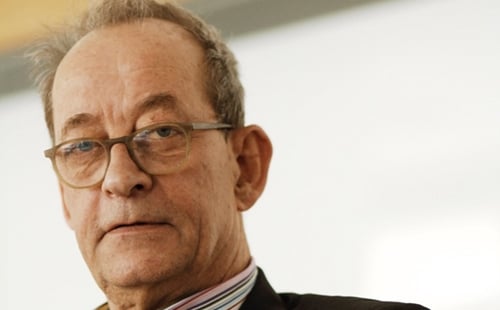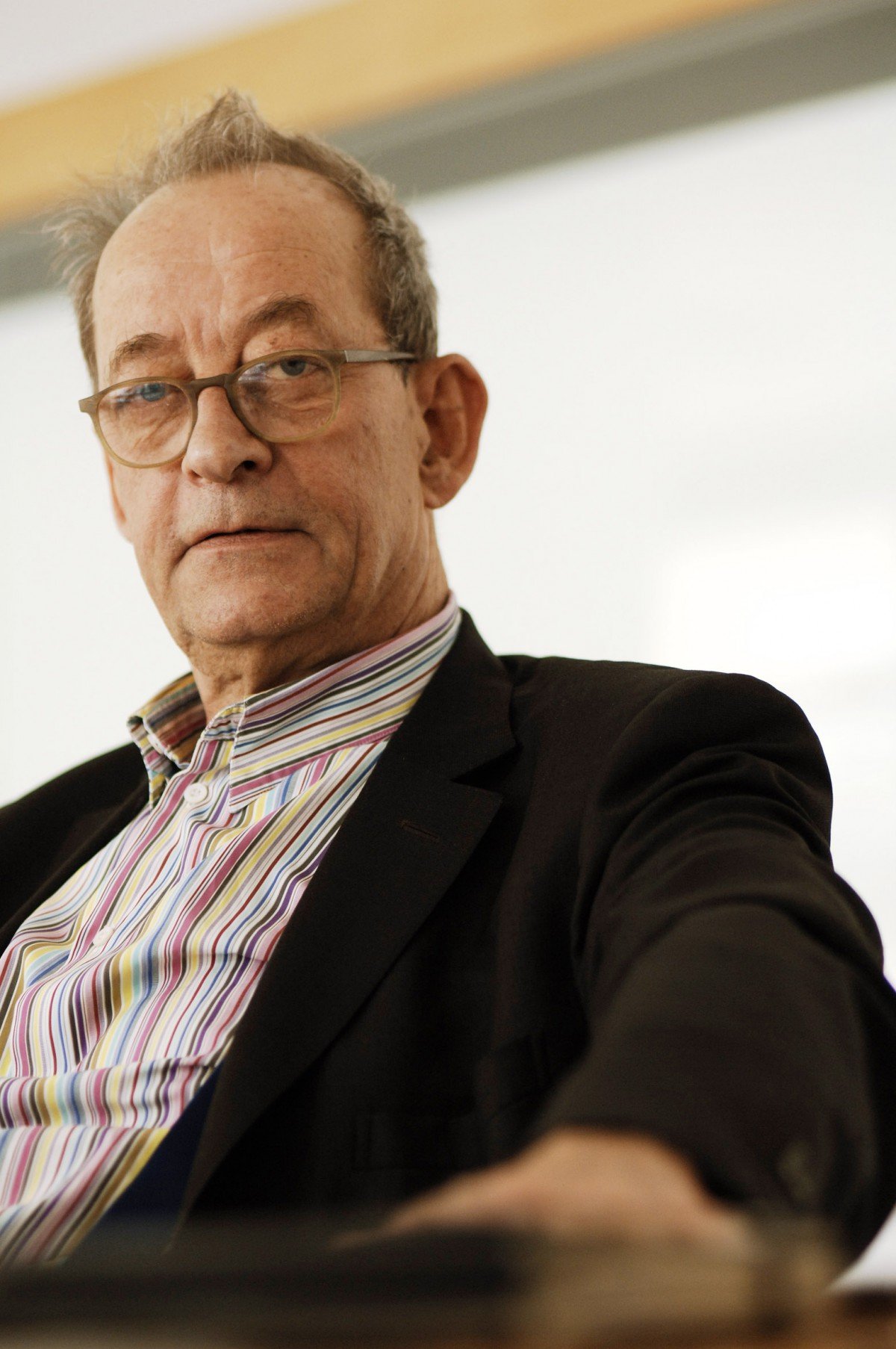Art & Exhibitions
Controversial Manifesta 10 Organizers Condemn Artists Boycotts
Art has its own rules, says the State Hermitage Museum's Mikhail Piotrovsky.

Art has its own rules, says the State Hermitage Museum's Mikhail Piotrovsky.

Coline Milliard


Kasper König, Chief Curator of Manifesta 10
The show must go on and will go on.
At a press conference in London this morning, Kasper König, curator of the controversial Manifesta 10, and professor Mikhail Piotrovsky, director of the State Hermitage Museum in St. Petersburg—where the biennial will be held this summer—restated they won’t allow current events in Russia and the Ukraine to interfere with the show.
“We operate in the territory of art, which has its own rules,” Piotrovsky said at the press conference. “We have to show that there are things that are more important than politics.”
Fifty-seven artists, including eight Russians, are to be exhibited at the main show, which will unfold between the Winter Palace and the newly opened General Staff Building.
Since the passing of the federal law last June forbidding “gay propaganda”, the 10th anniversary edition of the self-labeled “roving European biennial of contemporary art” has been under fire for what is seen as a tacit endorsement of the Russian government. A first petition launched by Irish artist Noel Kelly asked the Manifesta Foundation to reconsider its choice of St. Petersburg—a potentially dramatic decision for Manifesta, as €3,000,000 of its €4,500,000 total budget comes directly from the host.
Criticism intensified with the events in Crimea. Another petition asked König to suspend the event until the departure of Russian troops from the Ukraine. The St. Petersburg–based artists collective Chto Delat publicly withdrew in March, following Manifesta’s public statement that the biennial would stay in the former Russian capital. “Neither curator nor institution are capable of rising to the challenge of a dramatically evolving political situation,” the group wrote on its blog, “and we cannot be held hostage by its corporate policies.” The Polish artist Pawel Althamer and his collaborator also withdrew.
The Ukraine was little discussed at this morning’s press conference. König described Manifesta’s relationship with Chto Delat as “friendly, productive, and a continuous discussion” and the exhibition as a “birthday present to the Hermitage,” which celebrates its 250th anniversary this year.
Both König and Piotrovsky insisted on how unpopular contemporary art is in Russia, arguing that exhibiting artists rarely shown in the country was in itself a strong act. “It’s political in a larger context,” said König, who is stringing together heavy hitters such as Joseph Beuys, Bruce Nauman, Gerhard Richter, the Ukrainian photographer Boris Mikhailov, as well as Karla Black and Susan Philipsz.
LGBT politics are entering the show with the work of the American-French painter Nicole Eisenman, whose work will be shown alongside that of Maria Lassnig and Marlène Dumas in the world-famous “Matisse Rooms” at the Winter Palace.
But König is avoiding everything that could be interpreted as overt. To Dumas, who wanted to make a series of portraits of famous gay men, he said: “OK, but this a bit simplistic.” The series, which features the likes of Oscar Wilde and Tchaikovsky, is now presented as being “of famous men.”
As if to justify what could be described as a rather tame approach given the political situation, Piotrovsky concluded: “There is a very strong trend to isolation in Russia, and all boycotts only make Russia more isolated, and closed. At the Hermitage our historical mission is to keep the doors open.”